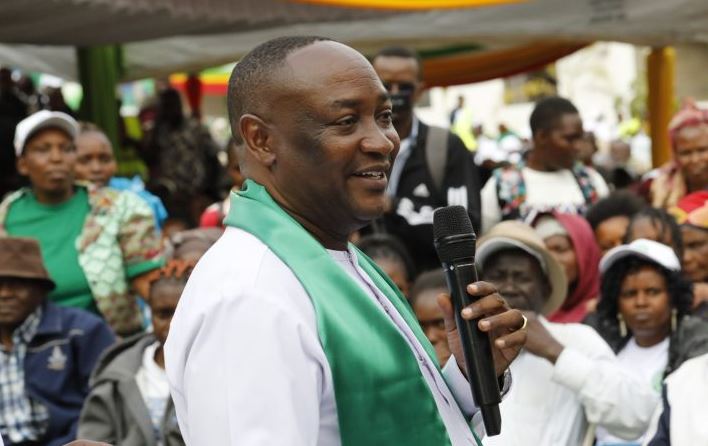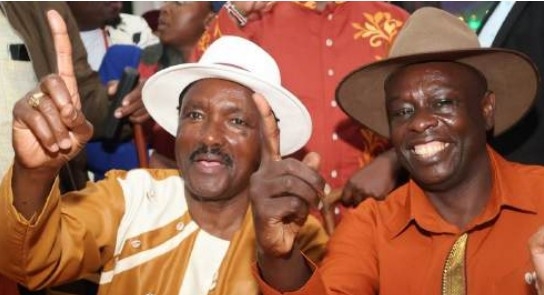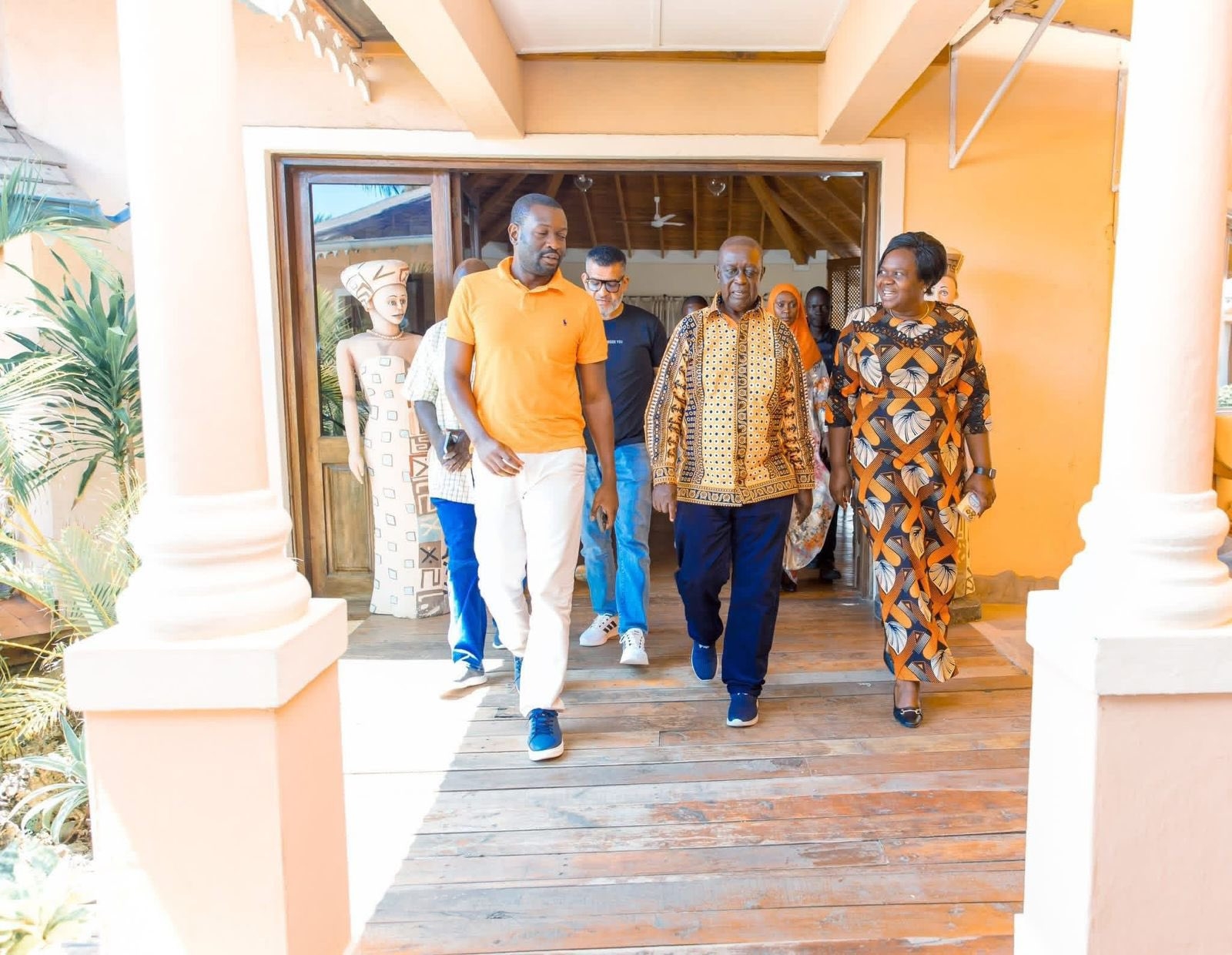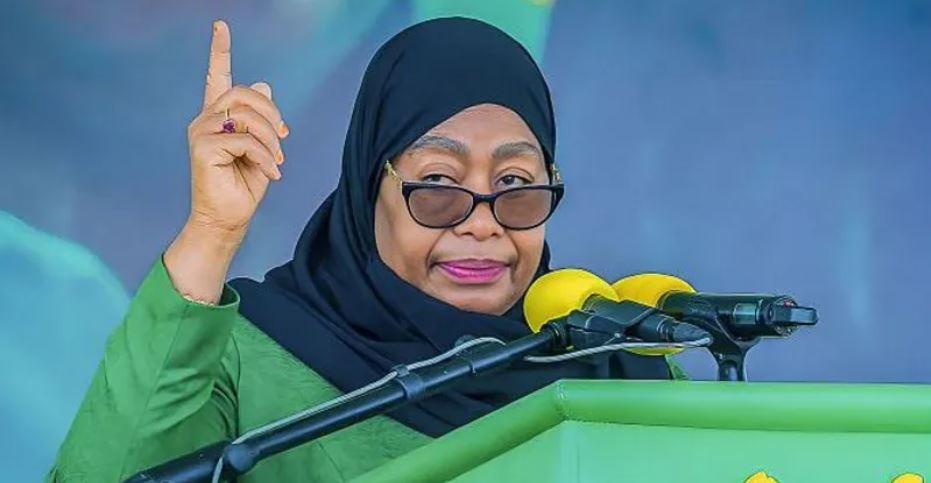 Augustus Kyalo Muli, leader of the National Liberal Party (NLP)/FILE
Augustus Kyalo Muli, leader of the National Liberal Party (NLP)/FILEThe race for the chairmanship of the Political Parties Liaison Committee (PPLC) is heating up as Augustus Kyalo Muli, leader of the National Liberal Party (NLP), intensifies his campaign in the run-up to the elections.
The elections has been scheduled during the national meeting from November 5 to 8.
With Kenya’s 2027 general elections on the horizon, the upcoming PPLC elections are being viewed as a pivotal moment for the country’s democratic trajectory.
The leadership of the PPLC, which plays a crucial role in electoral reforms, party conduct, and fostering inter-party dialogue, will have far-reaching implications for Kenya’s political landscape.
Dr. Muli founder of the NLP, has positioned himself as a principled reformist committed to restoring integrity and inclusivity to the country’s political institutions.
His party, which was established in 2016 and is aligned with the Azimio la Umoja Coalition, has long advocated for policies centered on grassroots empowerment, institutional accountability, and a more representative and transparent government.
Despite a setback in the 2022 Kitui County Assembly Speaker race, where he narrowly lost, Muli has remained a prominent voice in national politics.
His political fortunes have been buoyed recently by endorsements from key stakeholders, including the Agikuyu Council of Elders, a powerful cultural institution.
Muli has made clear his intentions to transform the PPLC from what he describes as a "lethargic and compromised" body into a vibrant, transparent, and integrity-driven institution.
He argues that the PPLC—established under Section 38 of the Political Parties Act, 2011, to facilitate dialogue between political parties, the Registrar of Political Parties, and the Independent Electoral and Boundaries Commission (IEBC)—has failed to live up to its mandate.
"The PPLC must not be a rubber stamp or a retirement home for political loyalists," Muli stated during a campaign speech. "It must be a forum of conscience, where all parties—big or small—have a voice in shaping Kenya’s democratic future."
Muli promises to defend Kenya’s multi-party democracy against growing threats of authoritarianism, ensure fair representation for all political parties in the PPLC’s decision-making processes, and institute greater transparency and accountability within the committee.
He has also committed to resisting political capture, a practice he believes has undermined the committee’s effectiveness, and championing the inclusion of youth and marginalised communities within party structures.
Muli aired his criticism of the internal power struggles within the Azimio la Umoja Coalition. Specifically, he has raised concerns about the controversial selection process for the IEBC panel, accusing senior figures within the coalition of “hijacking” the process for their own political gain.
Muli said the forthcoming PPLC election is more than just a political contest; it is a referendum on the future of Kenya’s democratic project. "We must choose between a culture of silence and complicity, or one of courage and reform," Muli declared. "The path we take in these elections will define the direction of Kenya’s democracy for years to come."












